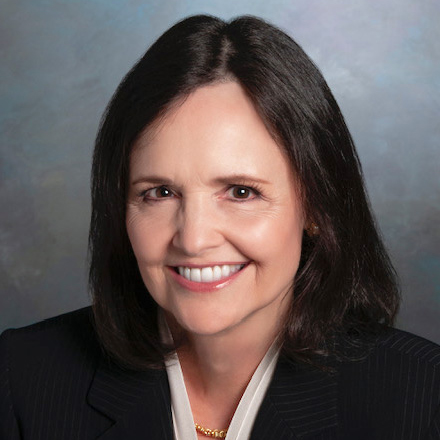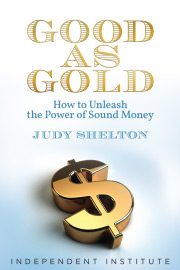Now that Donald Trump is the president-elect, expect warnings about the dangers of compromising the independence of the Federal Reserve. Monetary officials will solemnly explain that politics should play no part in decisions about long-term financial stability. We should be more concerned about the concentrated power held by the 12 voting members of the Fed’s Open Market Committee. Their decisions can decrease or increase unemployment, lower or raise inflation, and repress or stimulate economic growth.
The Fed’s decisions reward some people and hurt others, with obvious political implications. Almost 62% of the gain in U.S. household wealth over the past four years went to those in the top 10% wealth percentile group. These outsize gains for the wealthiest Americans are a result of monetary policy that sent stock prices soaring, which primarily benefited people already flush with assets.
This kind of wealth inequality prompts voters to demand change. Mr. Trump built his economic agenda around addressing these grievances, promising lower inflation, lower interest rates, higher wages and higher growth. But unless these goals align with the Fed’s model for achieving its dual mandate—maximum employment and stable prices—the central bank could undercut Mr. Trump’s agenda.
The Fed chairman can strongly influence public opinion about the economy. Two days after the election, Chairman Jerome Powell announced a 25 basis-point cut in the Fed’s target interest rate. This followed the jumbo 50 basis-point cut announced in September, a decision that Mr. Powell said would advance the Fed’s goals of labor-market strength with “moderate growth and inflation moving sustainably down to 2%.”
This “recalibration” of the Fed’s policy, as Mr. Powell called it, may indicate that the central bank is switching to a supply-side model for deciding the amount of money and credit available to the economy. The theory is that low unemployment and private-sector growth are the solutions to—not the causes of—inflation, which actually results from demand pressures.
If the Fed has embraced this theory, it will be welcome news to Mr. Trump. Along with tax and regulation cuts, a reduction in borrowing costs would dovetail with his goals by providing more affordable access to capital, leading to increased output.
The problem is that some Fed officials seem all too ready to revert to their former framework. Under this model, the Fed uses its tools to decrease demand, not increase supply. It may opt once again for restrictive interest rates and diminished growth, even pre-emptively, to reduce inflationary pressures.
If Mr. Trump and the Fed do go to battle, then Mr. Trump would be facing a stubborn opponent. Just ask former British Prime Minister Liz Truss, who waged a similar supply-side campaign against her central bank. Her plan to spur investment and growth through lower taxes was undermined by the Bank of England, which said the effects of her changes threatened its idea of “financial stability.” This crippled her agenda and got her booted from 10 Downing Street.
Instead of raising the specter of a tyrannical president seizing control from the Fed, we should be questioning why an independent agency has such enormous power to skew financial outcomes. Why are there no limits on how much U.S. Treasury debt the Fed can purchase? No limits on how much money it can print? No limits on the interest it can pay at taxpayer expense to commercial banks on their accounts held at the Fed? And why are there no rules safeguarding the long-term integrity of the dollar while the Fed pursues its target of 2% inflation? Does Congress support the Fed’s devaluation policy?
Many of those who warn against “politicizing” the Fed are resistant to introducing any rules-based approach to interest-rate setting. Testifying before Congress as Fed chairman in 2015, Janet Yellen tersely informed the House Financial Services Committee, “I don’t believe that the Fed should chain itself to any mechanical rule.” Unchained from rules—now that’s tyranny.









